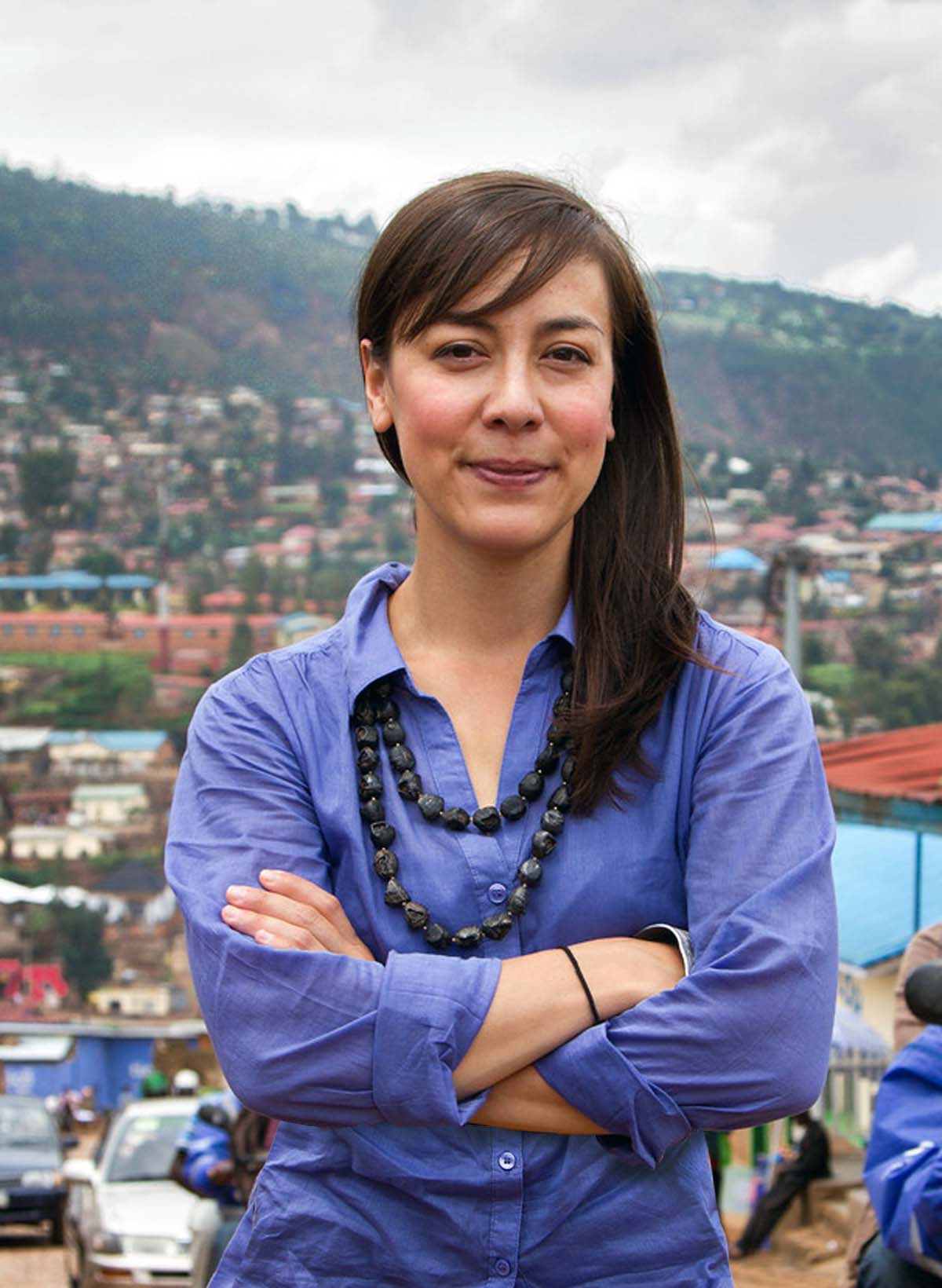Delia Duong Ba Wendel is interested in how communities recover and rebuild from conflict and disaster. Her current research explores peacebuilding in post-genocide Rwanda as a socio-spatial endeavor; one that is defined and challenged in the design of homes, settlements, and civic space. This project, The Ethics of Stability, was recognized by grants from the Social Science Research Council, Harvard Center for Ethics, Harvard Humanitarian Initiative, and American Council of Learned Societies. At Penn, Delia will develop part of this research as a book on the forms and politics of genocide heritage in Rwanda, focusing on the labor of memory work in the first years after the genocide. Delia received a PhD in Urban Planning from Harvard University in 2016. Publications include her co-edited volume, Spatializing Politics: Essays on Power and Place, and essays in the Journal of Urban Design, New Orleans and the Design Moment, and The Handbook of Architectural Theory. Delia will be joining MIT’s Department of Urban Studies and Planning faculty in Fall 2018.
Delia Wendel
Andrew W. Mellon Postdoctoral Fellow in the Humanities
2017—2018 Forum on Afterlives
Delia Wendel
Architectural History and Cultural Geography
Harvard University, 2016
Rwanda’s Genocide Heritage: Between Memory and Sovereignty
In late 1990s Rwanda, memorials dedicated to the 1994 genocide emerged with a distinct aesthetic. At sites of mass killing, victims’ bodies and building damages were preserved as official, state memorials. This book documents the first decisions, institutions, and labor that constituted that conflict geography. It also considers the legacy of these practices through the views of residents living near memorials two decades after the genocide. At the center of this project is an interest in exploring the intentions and impacts of the decision to preserve the visibility of the genocide. To this end, I contribute original research from newly discovered photographs, maps, and films of genocide investigations during 1994-1998; ethnographic research with rural residents; and oral histories with a Rwandan government official and international human rights worker who led early memorial curation. These primary sources reveal the contradictions inherent in a memorialization project equally motivated by remembrance, justice, and state sovereignty. Rwanda’s Genocide Heritage reconstructs the origins of these memorials and the labor involved in their curation. The book’s chapters reflect on the affective experience of atrocity heritage along with the political and historiographic functions of spaces of memory.



